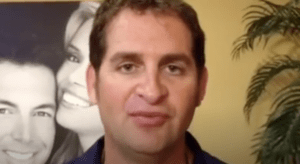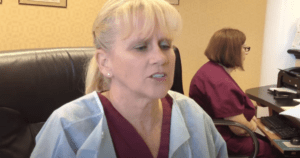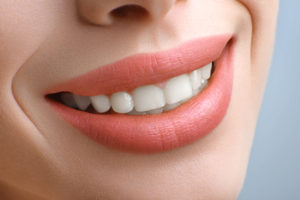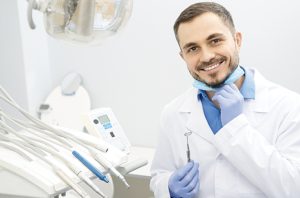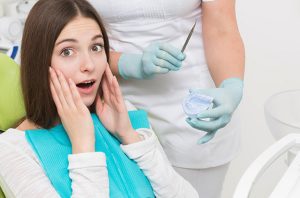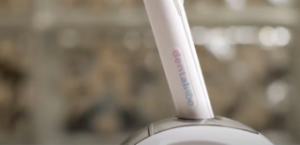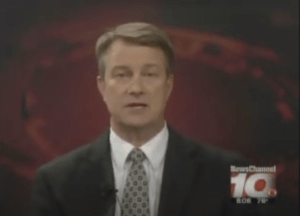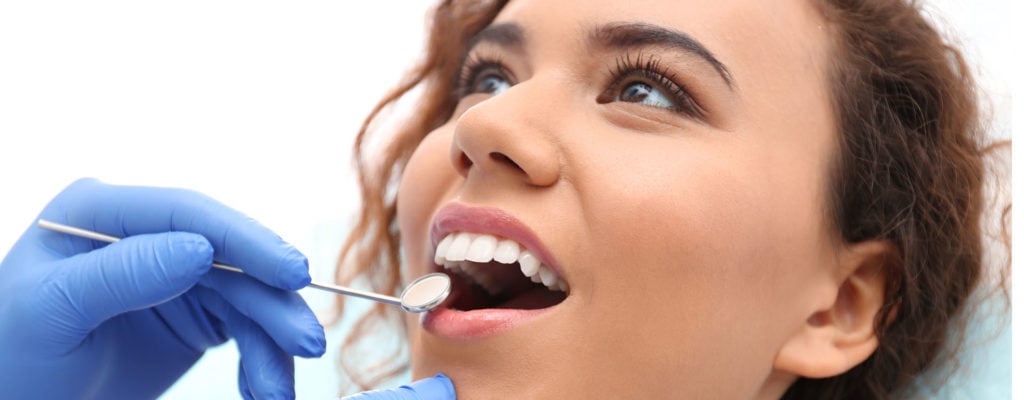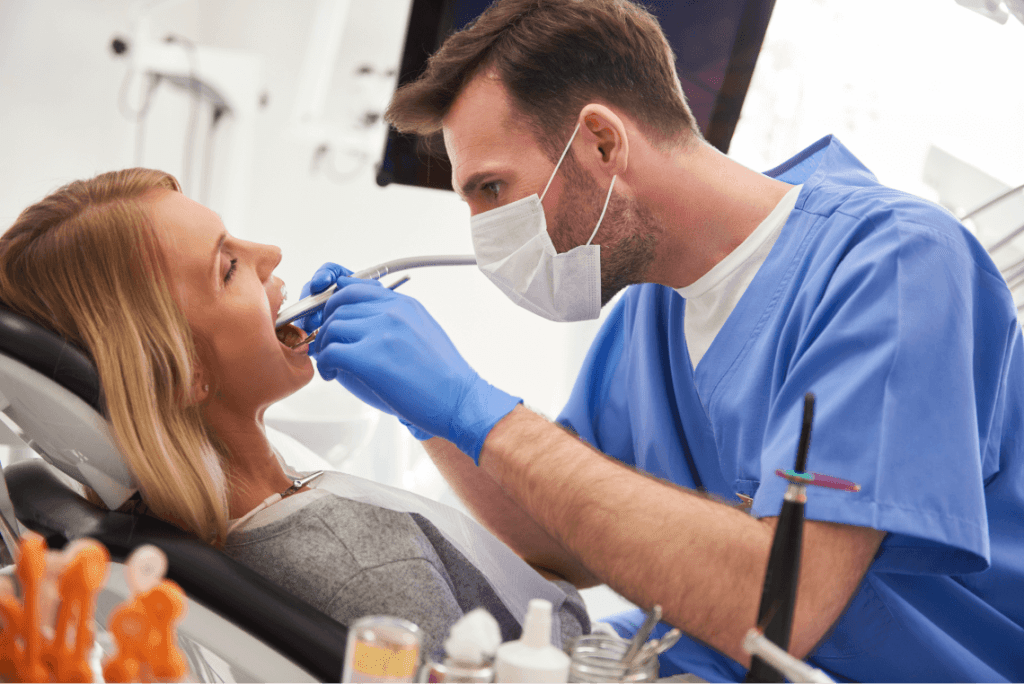Have you ever noticed what appears to be a new tooth erupting through your gums, even though you’re well into adulthood? Maybe you’ve felt the top of a new tooth with your tongue, or you feel some pressure and crowding in your jaw as a tooth begins to grow in. You may have found yourself wondering, can adults grow extra teeth? The answer is yes.
Can a person have more than 32 teeth?
In adulthood, most people have 32 teeth. This includes the third molars, or wisdom teeth, which are often removed due to crowding or other complications.
New teeth growing in adulthood is a condition known as hyperdontia. Hyperdontia can affect anyone, but it tends to run in families and is sometimes associated with certain genetic conditions. While hyperdontia isn’t harmful in general, it can be an early sign of a more complicated problem that may require attention.
Extra teeth that grow in adulthood are known as supernumerary teeth and can appear anywhere within the dental arch. Supernumerary teeth can have either baby tooth or permanent tooth characteristics.
What happens if you grow an extra tooth?
One of the most common problems with a new tooth growing in adulthood is crowding. The new tooth, which has no space to develop normally, will push into the surrounding teeth, moving them from their intended location. Teething in adults can cause once straight teeth to begin overlapping, which can lead to crooked teeth, pain, difficulty eating, and problems with speech. In some cases, the additional tooth may lead to cysts or tumors, causing additional dental issues.
Hyperdontia in adults should be treated sooner rather than later. If your dentist suspects you may have extra teeth growing in, they will take X-rays to evaluate the condition and position of these teeth. If you visit your dentist on a regular basis, they will likely notice signs of any supernumerary teeth before they become a problem.
In some cases, supernumerary teeth may not cause any symptoms. In other cases, extra teeth must be removed to avoid crowding and other possible complications. Even if no complications are present, it’s important for a dentist to evaluate the condition and determine the possible treatment options early on, before the extra teeth start producing pain, swelling, or other unwanted side effects.
Depending on the position of the extra tooth, your dentist may recommend that you be sedated when having supernumerary teeth extracted. Moderate sedation or even general anesthesia will make the procedure much more comfortable for you and will allow your dentist to perform the extraction without causing any unnecessary pain or discomfort.
How rare is it to have an extra tooth?
Growing extra teeth in adulthood is rare and occurs in roughly 0.15% to 4% of the population. Hyperdontia is often associated with a hereditary disorder, such as Down’s syndrome, Gardner’s syndrome, or a cleft lip. Curiously, growing new teeth in adulthood is more common in men than in women. Most people with hyperdontia grow only one extra tooth, but there have also been rare cases of patients growing as many as 30 supernumerary teeth.
Supernumerary teeth can also run in families, even when none of the hereditary disorders associated with hyperdontia are present.
What causes an extra tooth to grow?
At the time of this writing, the exact cause of adult teething is still largely unknown, although it appears to have a hereditary component and has been associated with the following disorders:
- Gardner’s syndrome – A rare condition characterized by the growth of cysts on the patient’s skin, and other growths on the skull and colon
- Ehlers-Danlos syndrome – A hereditary disorder that directly affects the patient’s joints, skin, and muscles, and is characterized by weakness and pain
- Fabry disease – A hereditary disorder characterized by, among other symptoms, the patient’s inability to sweat
- Cleft palate and lip – Birth defects that cause the roof of the mouth and upper lip to fail to fuse during fetal development and which can create severe problems for the patient, especially with speech, food ingestion, and infections in the ear canal
- Cleidocranial dysplasia – A disorder that causes the abnormal development of the patient’s skull and collarbones
If you think you might be growing a new tooth in adulthood, or if hyperdontia runs in your family, it’s a good idea to see your dentist regularly. Only your dentist can determine whether the extra teeth put you at risk of dental complications and should be removed.
Worried about the pain involved with dental visits or tooth extractions? Visit our directory of DentalVibe certified pain-free dentists and make dental anxiety a thing of the past!


